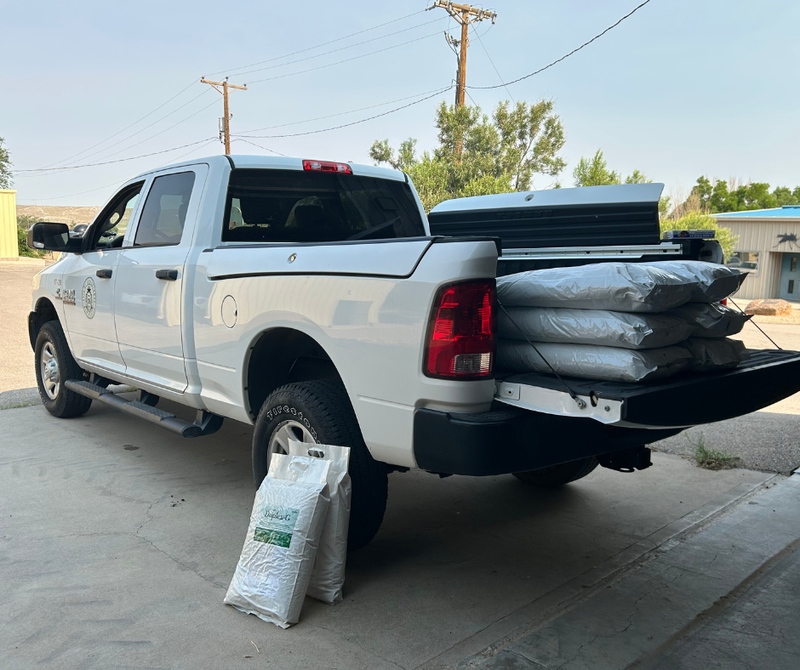
Albuquerque Supporting Ruidoso with Mosquito Monitoring
Flooding brings potential for mosquito breeding and health concerns.
Today, a City of Albuquerque Environmental Health Department crew is on its way to support our neighbors in Ruidoso. EHD’s Urban Biology Division is sending operational support for mosquito control and surveillance for mosquito species more likely to carry diseases to Ruidoso after its recent unprecedented flooding.
“Our hearts go out to the people of Ruidoso and our teams are at the ready to support our neighbors,” said Albuquerque Mayor Tim Keller. “Mosquitos aren’t just a nuisance, they can be a public health hazard after a disaster like this. We will continue to work in close collaboration with Ruidoso emergency management to ensure we support their efforts to rebuild their community.”
The field team has been on standby since late Friday. The team mobilized for this effort will access areas of extensive ponding water and sample for mosquito larvae, as well as estimate the potential for breeding mosquitoes over the coming weeks. In addition, surveillance traps will be set to determine whether the mosquitoes in the area present a risk of transmitting disease such as West Nile virus. This surveillance will also help to determine the intensity of mosquito activity, and to help make recommendations to control the pests.
“Our mission will be to survey and assess the extent of standing water in order to determine the potential impact on mosquito abundance,” said Dr. Mark DiMenna, City of Albuquerque Environmental Health Department Deputy Director. “Mosquito numbers can explode after flooding events, adding risk of disease transmission and nuisance to an already challenging situation.”
To minimize mosquito bites and prevent exposure to disease carried by mosquitoes:
- Use insect repellent on exposed skin and clothing when outdoors. The Centers for Disease Control and Prevention recommends repellents that have been proven effective, which includes those containing DEET, Picaridin, oil of lemon eucalyptus, or IR3535 for use on skin, and permethrin for use on clothing. Always follow label directions when using insect repellents.
- Consider limiting exposure to mosquitos by not scheduling outdoor activities around dawn and dusk when they are most actively biting.
- Eliminate water-holding containers where mosquitoes lay their eggs, such as old tires, and regularly change the water in birdbaths, wading pools and pet water bowls. Make sure rain barrels are tightly screened.
- When flood-irrigating, prevent water from standing for more than a few days
- Keep windows and doors closed if they do not have screens. If you leave your house doors or windows open, make sure they have screens that fit tightly and do not have holes.
For more information on mosquito control and mosquito-borne disease prevention programs in Albuquerque visit: cabq.gov/mosquitoes.
